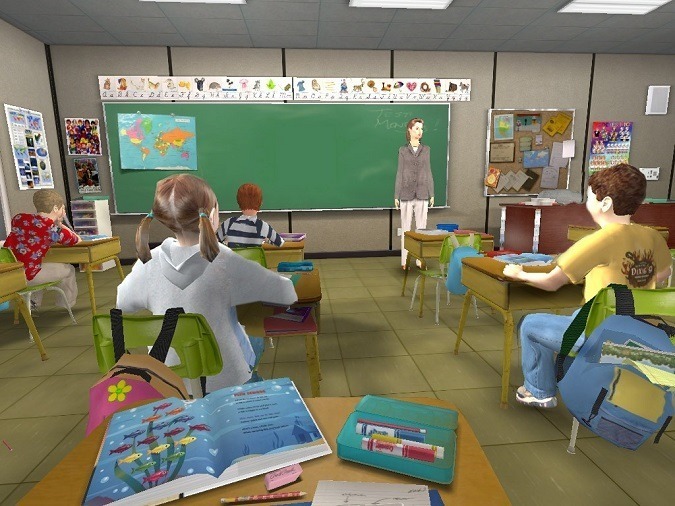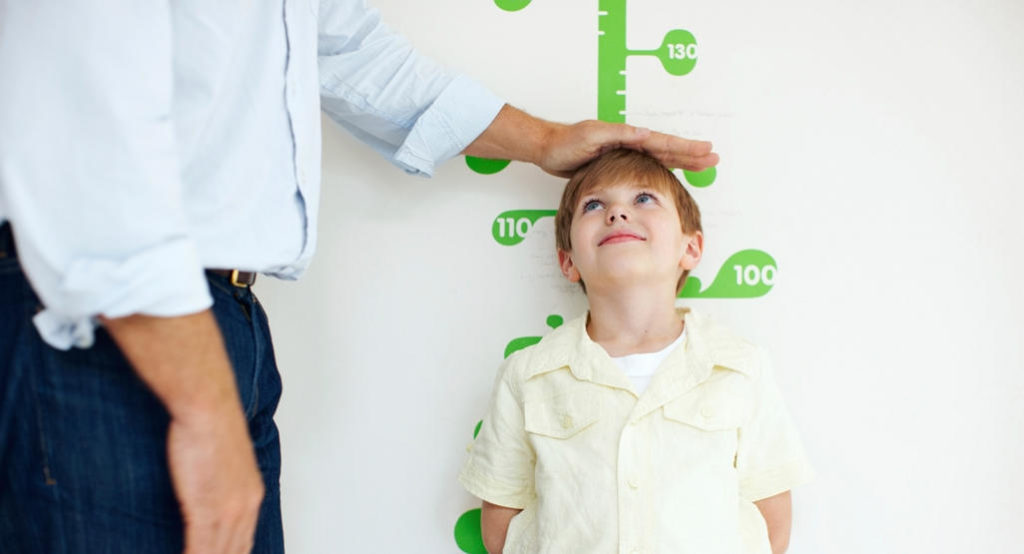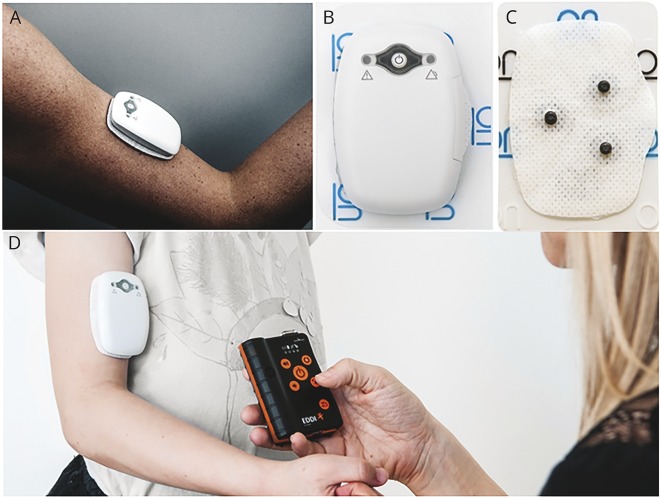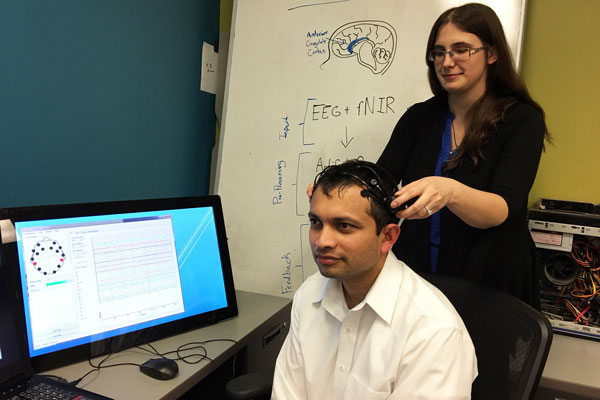Posts Tagged ‘medication’
Could technology help cure depression among older adults? (Short answer: Yes)
___ Why technology — not medication — is the future of treating older adults with depression (McKnight’s Long-term Care News): “The go-to treatment for many cases of depression is medication. Unfortunately, this treatment option can cause as many issues as the problem it is trying to solve. Antidepressants can put residents at greater risk of falls,…
Read MoreInitial study finds promise and limitations in using virtual reality (VR) to treat ADHD
___ Given the limitations of existing evidence-based ADHD treatments, i.e., stimulant medication and behavior therapy — research on novel intervention approaches continues to be important. Cognitive training is one such approach that has been suggested as a potential adjunct or even replacement for medication treatment. While cognitive training takes different forms, e.g., computerized attention training,…
Read MoreUpdate: Large study finds that consistent use of ADHD medication may stunt growth by 2 inches (5 centimeters)
___ Time for SharpBrains’ eNewsletter, bringing you latest news around medication, brain training, supplements, mind-wandering, digital therapeutics, wearables, and more — and also a few quick brain teasers to wrap-up. New research: Consistent use of ADHD medication may stunt growth by 2 inches, large study finds Mind-wandering may help enhance creativity, job performance and general well-being,…
Read MoreNext in clinical practice: Automated real-time detection of seizures via wearable EMG devices
___ Wearable EMG Found to Detect Seizures (Neurology Today): “A new study demonstrates the feasibility of using a wearable electromyography device to detect tonic-clonic seizures…The Neurology paper was among the first to demonstrate its results prospectively, using a pre-specified cut-off for determining that a GTCS is occurring. And at nine seconds, its latency in doing so…
Read MoreOhio Opioid Technology Challenge funds program testing neurofeedback-based brain training to reduce cravings and battle opioid addiction
_______ Battling Addiction With Brainpower (University of Dayton press release): “The University of Dayton Research Institute has won a $10,000 Ohio Opioid Technology Challenge award for a program that will teach people with opioid addictions how to reduce their cravings by regaining control of their brains. “Using neurofeedback, we’ll work with our volunteers to help…
Read MoreJan Samzelius, CEO of Brainnovations Winner NeuraMetrix, encourages pioneers to focus on “simple, elegant solutions to big problems”
What surprised you the most from the Judges’ questions and feedback during the Brainnovations Pitch Contest last month? Even with only a brief presentation the judges immediately got the potential impact of our technology to measure and monitor brain health and began to think about other applications for us – several we had not thought about. That…
Read More





